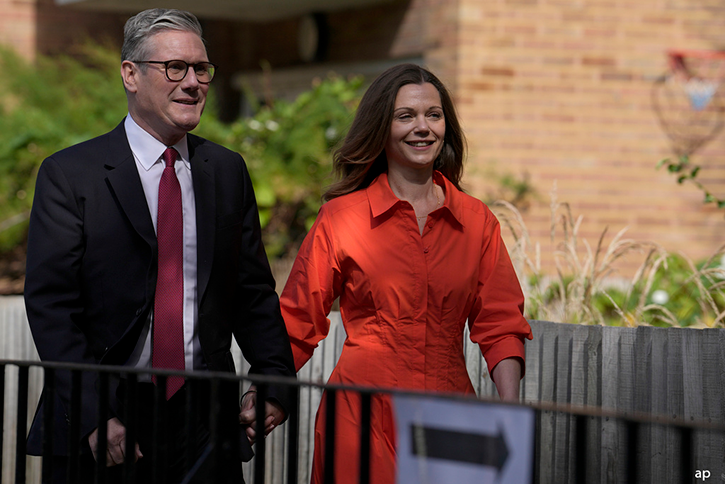The oil & gas sector continued to shrug off the most recent oil price decline on Thursday, as UK operators celebrated the favourable tax changes announced by the Chancellor of the Exchequer in Wednesday’s 2015 Budget statement.
In his Budget statement, George Osborne said Petroleum Revenue Tax (PRT) would be cut to 35% from 50% to support continued production in older oil fields. Meanwhile, the supplementary charge placed on oil producers will also be cut to 20% from 30% and backdated to January, in a move that has widely been seen as a reversal of the tax hikes unveiled in the 2011 Budget.
Osborne said the changes announced this week should boost North Sea oil production by 15% by the end of the decade.
The tax breaks will have little impact on the major oil producers listed on the LSE, however. Morningstar energy analyst Stephen Simko said that, given the size of BP, Royal Dutch Shell and Tullow Oil, the impact of Osborne's shift in policy is "rather immaterial".
"Tullow Oil, for example, has little exposure in the UK in terms of production, and at most this could incentivise a little incremental investment from the oil majors in the coming years," Simko added.
The severe oil price slump, which has seen Brent plummet from around $115/bbl in the summer months of 2014 to a little $55 at the time of writing, has substantially damaged oil & gas producers’ revenue streams.
“The oil and gas industry, which supports 450,000 UK jobs and is a major contributor to GDP, has been given a much-needed boost with the reduction to the supplementary charge and other incentives,” commented John Cridland, Director General of the Confederation of British Industry (CBI). “This will help address concerns over job losses and investment freezes, but pressures remain due to low oil prices,” Cridland added.
Deputy First Minister John Swinney also welcomed the move: “I cautiously welcome the U-turn by the UK Government to take action on the future of the North Sea [...] It is now essential that work is focussed on boosting investment and growth in the North Sea sector.”
Swinney took the opportunity to admonish the Chancellor for having set in place a tax regime that harmed the industry: “It has taken the Chancellor four years to admit the tax rise he implemented in 2011 was a mistake. A heavy price has been paid for this mismanagement.” Swinney said poor stewardship by the UK Government has had a detrimental impact on the UK’s oil and gas sector and the many people who work in the industry.
While investors in the UK’s oil exploration & production companies celebrated the news, not all welcomed such change. “With growing calls to divest from fossil fuels, massive tax breaks aimed at squeezing more gas and oil out of the ground show how dangerously out of touch the Chancellor is on climate change,” commented Friends of the Earth’s Senior Economics Campaigner David Powell.
“The Chancellor should heed the Bank of England’s warning about the threat climate change poses to our financial well-being by ditching support for gas and oil extraction - instead of propping it up,” Powell added. His calls fell on deaf ears amongst market participants, however, with ![]() BP (BP.) and
BP (BP.) and ![]() Royal Dutch Shell (RDSB) both rising more than 1% on the FTSE 100 immediately following the Budget.
Royal Dutch Shell (RDSB) both rising more than 1% on the FTSE 100 immediately following the Budget.
Gains continued across the sector on Thursday, with large-caps ![]() Tullow Oil (TLW) up 1.7% and
Tullow Oil (TLW) up 1.7% and ![]() BG Group (BG.) rising 0.5%; while FTSE 250 constituents Premier Oil (PMO) and SOCO International (SIA) rallied 7.8% and 6.6%, respectively.
BG Group (BG.) rising 0.5%; while FTSE 250 constituents Premier Oil (PMO) and SOCO International (SIA) rallied 7.8% and 6.6%, respectively.






























